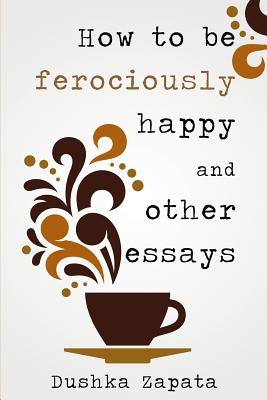
Moore, Darryl
product information
description
hreat, with potentially catastrophic consequences for ourselves and the other lifeforms it sustains. Yet Nature itself can still rescue us - with plants playing a pivotal role, in the countryside - and everywhere. In gardens and parks, plants are the mainstay of our relationship with the natural world, and we celebrate them for the pleasures they bring. However, that can be part of the problem: too often we value plants for their aesthetic qualities rather than the vital role they play in the ecology of the Earth. In this challenging and important book, Darryl Moore explores how gardens can be better for human beings and for all the other lifeforms that inhabit them. Recent developments in horticulture and plant science show us that we need to rethink our attitude to plants beyond purely aesthetic concerns, and to adopt more holistic approaches to how we design, inhabit and enjoy our gardens. He looks at the history of garden design, to show how we got to where we are today, and recommends ways of changing to new principles of sustainable ecological horticulture.
member goods
No member items were found under this heading.
Return Policy
All sales are final
Shipping
No special shipping considerations available.
Shipping fees determined at checkout.







